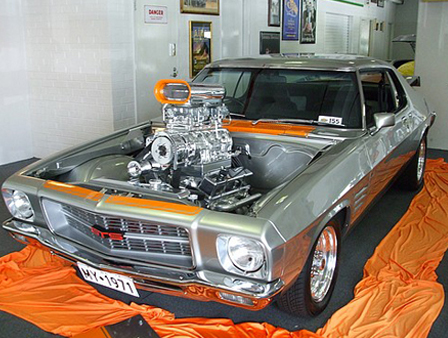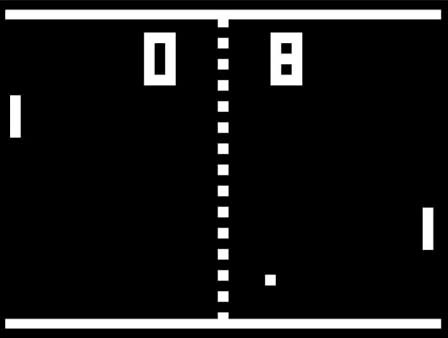Long considered a plaything for generation Y, the social networking phenomenon really took off when Facebook and Twitter arrived on mobile handsets. Now the subject of a new movie The Social Network, Facebook and others allowed people to post a blow-by-blow (sometimes literally) account of their days and nights out.

Can you live today without your mobile handset, computer, car or Internet? definitely not! So here are the top ten hi-tech inventions that have come the must have parts our lives.
2. The silicon chipTexts from your mate as to what pub you are at or instant sports results on your handset — these things wouldn’t exist without the integrated circuit, a tiny electrical circuit that was invented in the ruins of post-war Germany and today sits in every mobile phone, PC and laptop in the world. No, we don’t know how it works, either. But we’re glad it is here.
3. Smartphones
The mobile handset may have changed the way we communicate when it debuted in 1973, but it was the smartphone that staked its claim on the rest of our lives. We now send and receive emails, browse the internet, play games, calculate, take photos and call people on the one pocket-sized device. We are its slave — but in a good way.

4. The personal computer
In the 1960s, any computer that appeared in a film was usually operated by about a dozen bespectacled men in white coats, was the size of a Volkswagen and usually harboured desires to rid the world of all things not powered by two spools of tape. The thought back then that most households in the developed world would house computers weighing less than a few kilos was inconceivable.

5. Television
It gave us live sport, an excuse not to go to the pub every night and the eighth wonder of world — Bert Newton. It may also be crass, a sewer emitting the worst of the US’s cultural effluent, overrun with poorly made ads and responsible for the career of Richard Wilkins, but without its distracting goodness, life would involve a lot more deep-and-meaningful chats with the girlfriend. And after years of technological inertia, television has improved further — thanks to high-definition flat-screen technology, digital signals and, in the near future, a three-dimensional experience.

6. Digital imaging
Before digital cameras hit the mass market in the 1990s, taking snaps was a gamble. First you had to haul yourself down to a chemist or lab to get your pics — meaning anything risqué had to be shot on crummy Polaroid. Even worse, the lack of feedback offered by the review function on today’s cameras meant the end results were often very disappointing. And you were always limited by the amount of film you had left in your camera.

7. Wireless technology
Whether it is Bluejacking a stranger’s phone on a train, surfing the net at your favourite cafe or talking on your hands-free unit while driving (technically illegal, though), the absence of the spaghetti of plastic-and-copper cables is a godsend. And it’s patriotic. Government body CSIRO gets a cut whenever a manufacturer anywhere in the world makes a wi-fi-compatible device. Not that our taxes seem to be any lower.

8. The internal combustion engine
Sure, one day our history of burning fossil fuel will turn Toowoomba into a beachside suburb, but access to vehicles, both public and private, has transformed the world from a place where you never ventured more than a kilometre from home and ended up marrying your cousin, to a place where you can be flown to the other side of the world in a day. Car ownership has destroyed our cities, but grants us freedom to move far and wide at a pretty small cost.

9. Video games
Compare the sketchy graphics of Atari’s classic Pong, born in 1972, with the hellishly realistic violence of 2010′s Medal of Honor and it is bewildering how the technology behind this massive industry has advanced. Add the fact you can play via broadband against an opponent on the other side of the planet and you can’t help but be impressed. And with the invention of the Wii and Xbox’s Kinect, gaming has answered its critics who claimed the technology was turning us into lard arses, by introducing games that instead get our hearts pumping.

10. Digital entertainment
Your parents once dedicated metres of wall space to heaving collections of Neil Diamond LPs and Jeffrey Archer novels. Now all you need is a hard drive. Music and books no longer require shelves. They no longer put you above your weight allowance when you check in. In fact, you can’t even touch them anymore. Not only are they convenient to carry and store but their rapid delivery means a 3am desire to listen to Stromae or read Joseph Heller can be satisfied at the click of a switch.


0 comments:
Post a Comment